When it comes to the bare necessities, there’s an old saying about making do with less: “You only need two things in life: Duct Tape and WD-40. If it moves and shouldn’t, use Duct Tape, if it doesn’t move and should, use WD-401.” From fixing squeaky hinges to lubricating car parts and preventing rust, the patented aerosol formula has been used to fix just about everything... But what about when it comes to pests? Does WD-40 kill carpenter bees?

How to Get Rid of Carpenter Bees with WD-40
While the proprietary formula has remained a company secret for over 60 years, we do know that the water-displacement (WD) lubricant consists of no more than 35% petroleum-based oil2. There has been a variety of documented research on the deadly effects of petroleum spray oils on a wide variety of insect species3.
When it comes to carpenter bee nests, applying WD-40 either directly to the boring holes in their nests or to the insects themselves is likely going to prove at least somewhat effective in eliminating your unwanted pests. Make sure when applying the aerosol spray, however, to keep a healthy distance so as not to accidentally breathe in the fumes, and don’t spray near heat sources or open flames.
So, does WD-40 kill carpenter bees? Yes…but there’s a cost.
WD-40’s Impact on Plants
WD-40’s proprietary formula contains ingredients that are harmful to humans when ingested. Because the exact percentages of these ingredients are trade secrets and unknown to consumers, using WD-40 spray as a treatment for carpenter bees, especially near your garden or in areas frequented by small children or animals is not advised. At Best Bee Brothers, we prefer a natural approach whenever possible.
H2: What Can You Spray to Get Rid of Carpenter Bees?
There are several all-natural, DIY carpenter bee repellents that are effective in deterring carpenter bees. Creating your own bee spray can save you money and eliminate the need for harmful chemicals that could have negative effects on children, pets or the environment. In fact, we’ve got a whole blog post dedicated to teaching you how to make your own potent repellent!
If DIY isn’t really your thing, don’t worry! Best Bee Brothers offers an easy-to-use and powerful citrus-based spray with the perfect blend of oils. It’s been heavily field-tested and proven to repel even the most determined carpenter bees. However, all this comes second to the highly reputed Best Carpenter Bee Trap.
Our Best Carpenter Bee Trap is the most effective and professional carpenter bee trap solution on the market. The patented design eliminates those wood-burrowing bees from destroying your home – without the need for sticky sprays, pesticides or harsh chemicals.
The trap collects the unwelcome pests in a sturdy, permanent bottom receptacle. Just pull the cord on the bottom lid to open when it gets full!

Because Best Bee Brothers is committed to sustainable practices that protect our environment, we’ve gone a step further in our bee-catching design: every carpenter bee trap roof will now be produced using sustainable, recycled ocean plastics! With an emphasis on sustainability, our traps have removed more than 20,000 pounds of ocean-bound plastic this year alone.
Wrapping Things Up
If by the end of this article you’re still wondering: Will WD-40 get rid of carpenter bees? The answer is, yes, it probably will. However, just because a tool will work doesn’t always mean it’s the right one for the job. While WD-40 spray is renowned for its versatility in home and automotive projects, we don’t recommend it as a first-use option when it comes to eliminating carpenter bees – better to leave the harsh chemicals in the garage.
If you’re thinking about bee defense, we’ve got you covered (naturally)!
- WD-40, “40 Myths & Fun Facts: Facts about WD-40 Products,” accessed January 11, 2022, https://www.wd40.com/myths-legends-fun-facts/.
- WD-40, “WD-40 Multi-Use Product Aerosol Safety Data Sheet,” August 2, 2021, https://files.wd40.com/pdf/sds/mup/wd-40-multi-use-product-aerosol-low-voc-sds-us-ghs.pdf.
- A. J. Najar-Rodríguez, N. A. Lavidis, R. K. Mensah, P. T. Choy, G. H. Walter, “The Toxicological Effects of Petroleum Spray Oils on Insects – Evidence for an Alternative Mode of Action and Possible New Control Options,” Food and Chemical Toxicology 46, no. 9 (September 2008): 3003–14, doi: 10.1016/j.fct.2008.05.042.



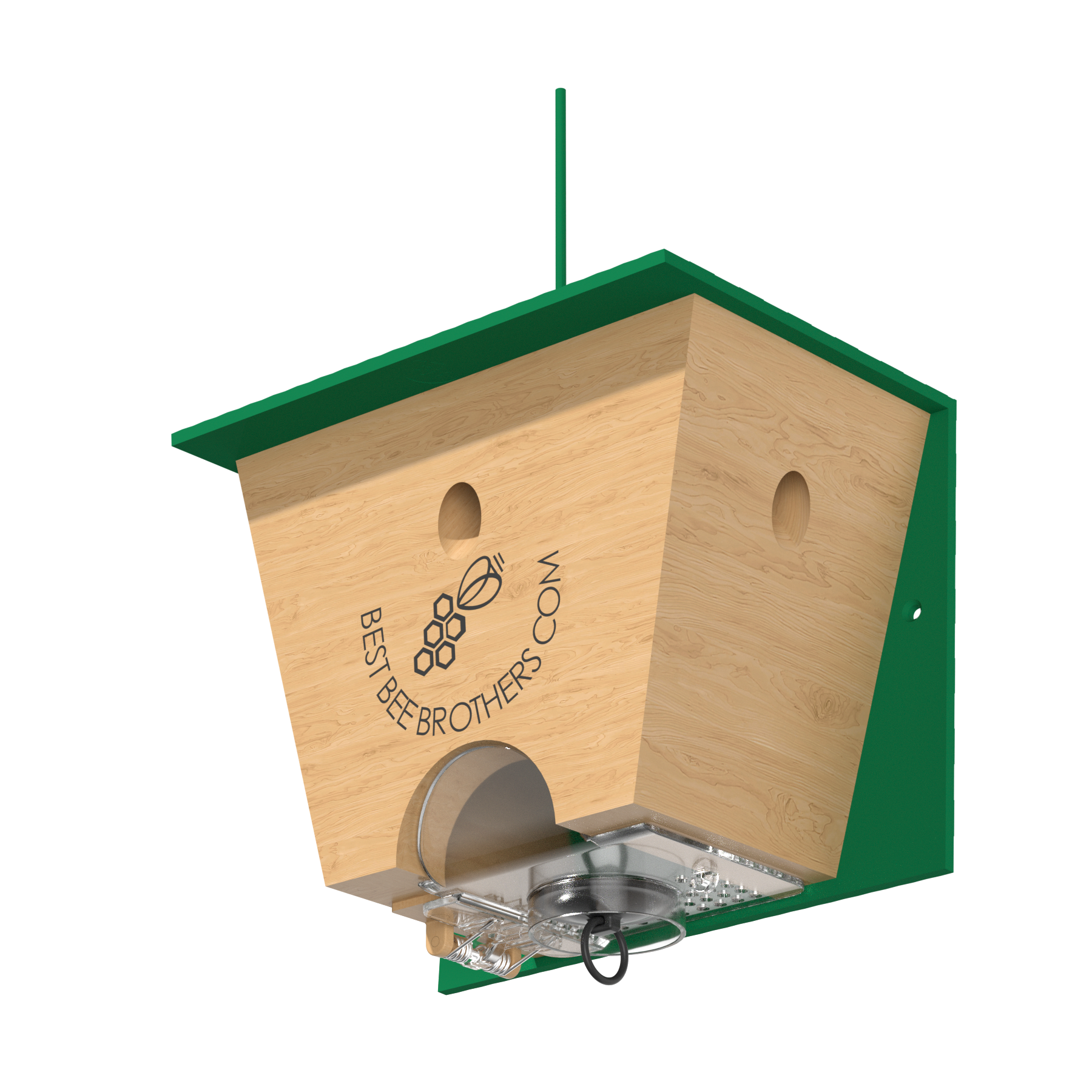
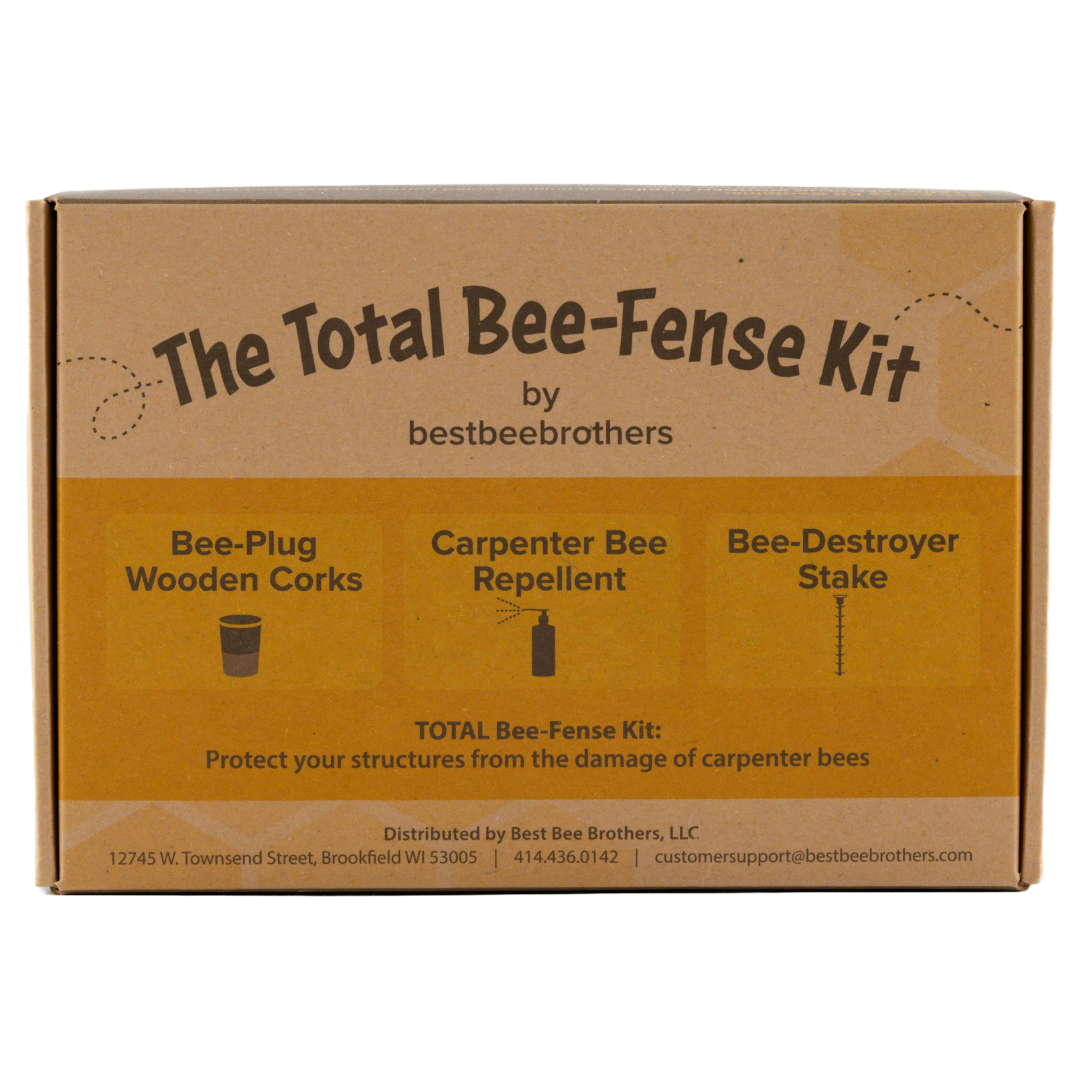
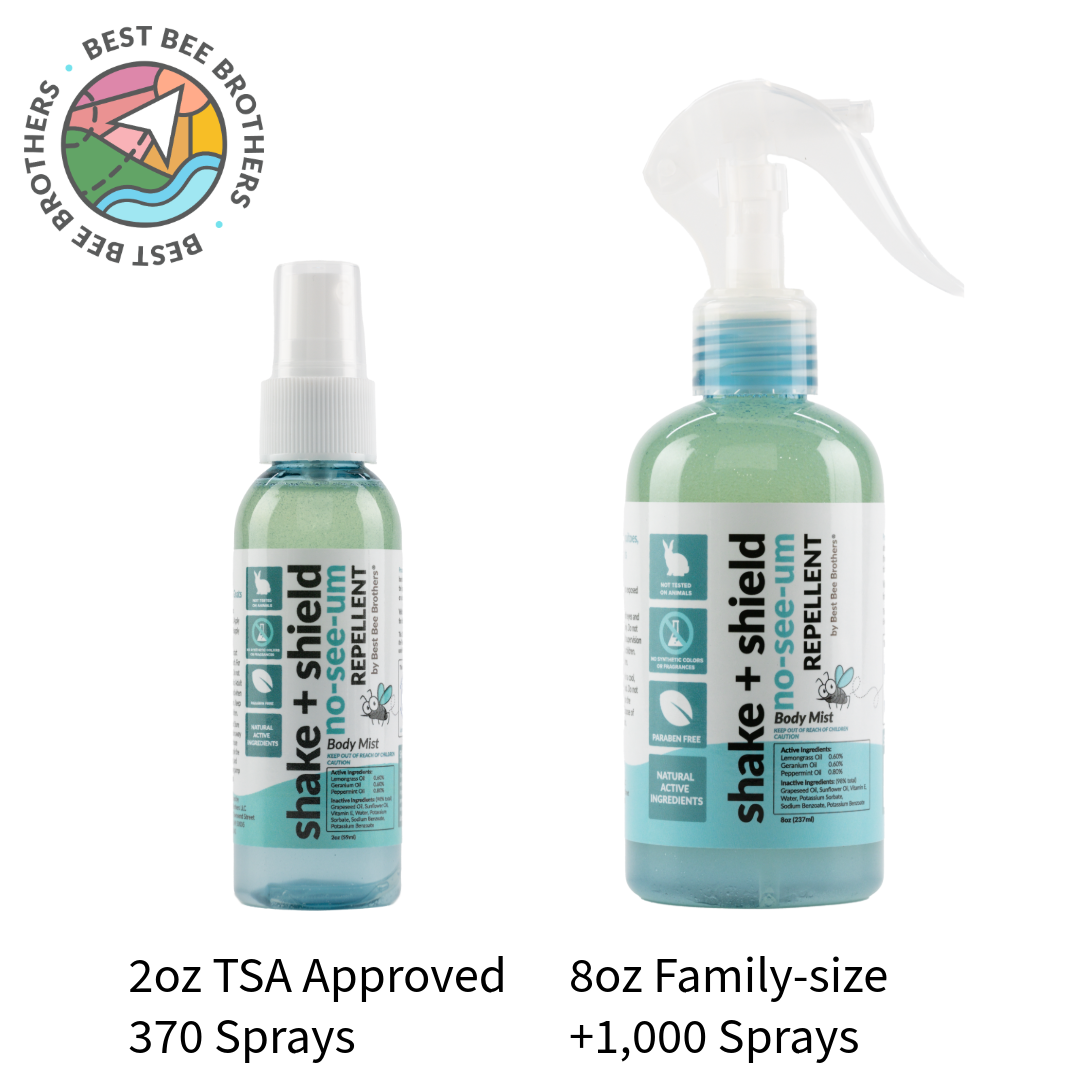
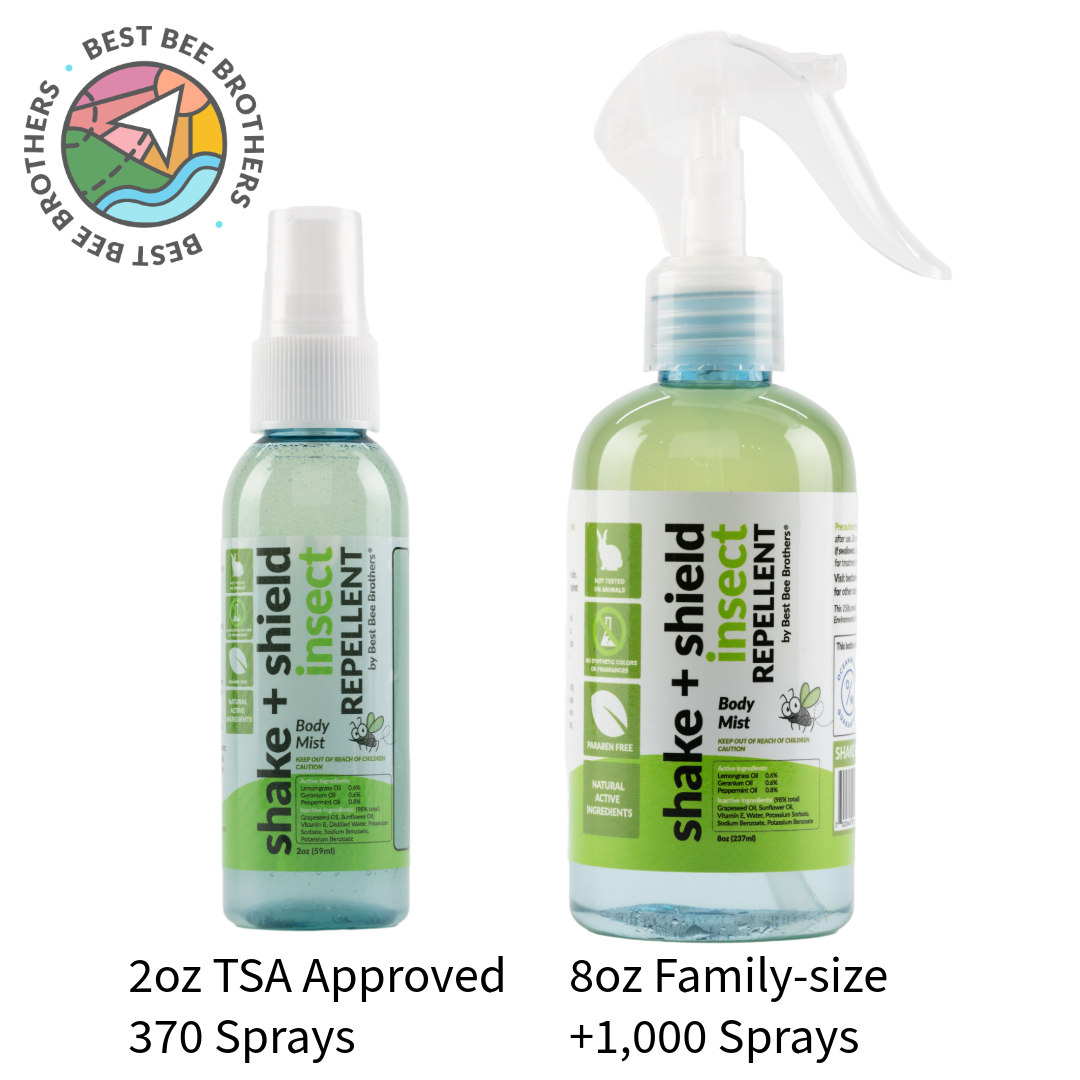
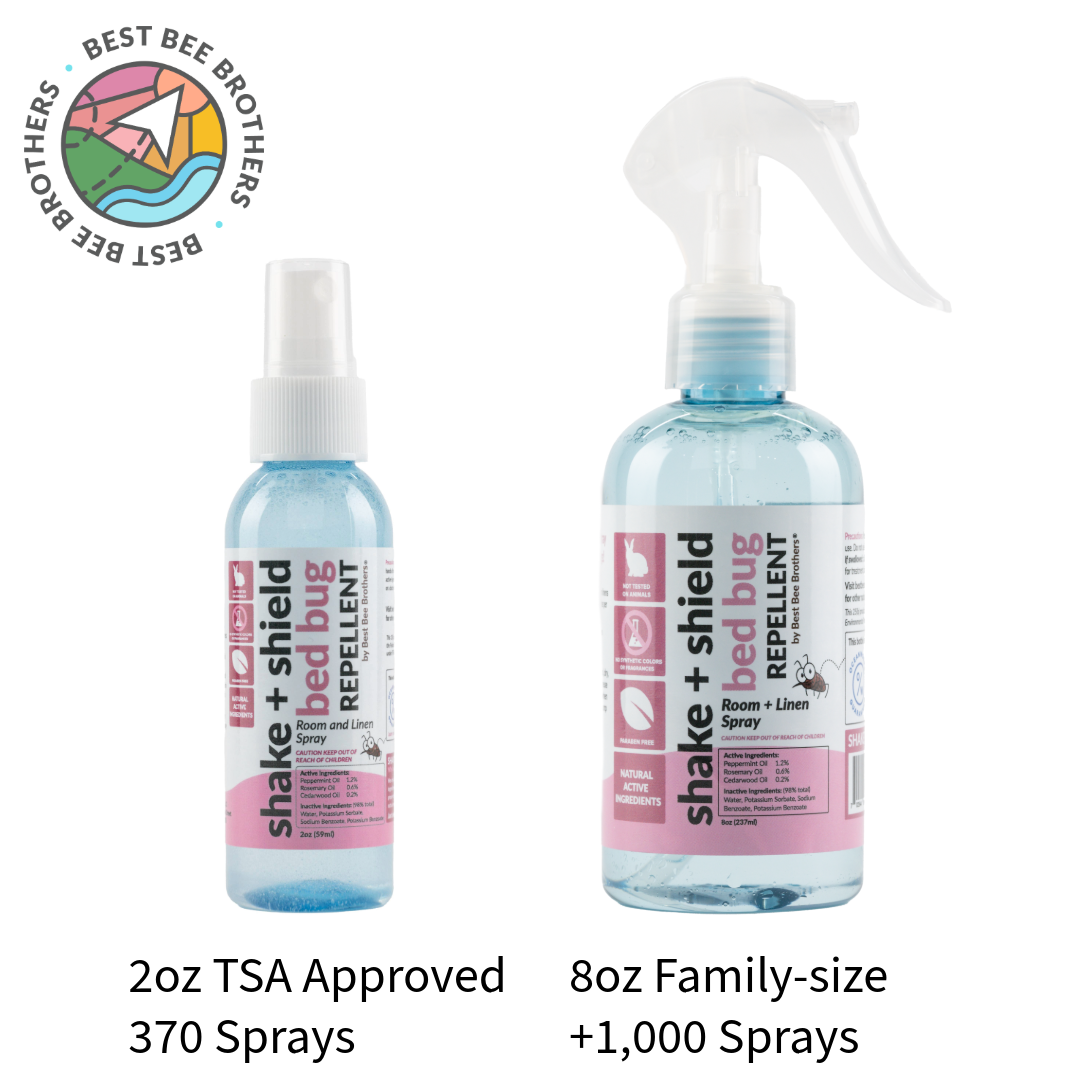
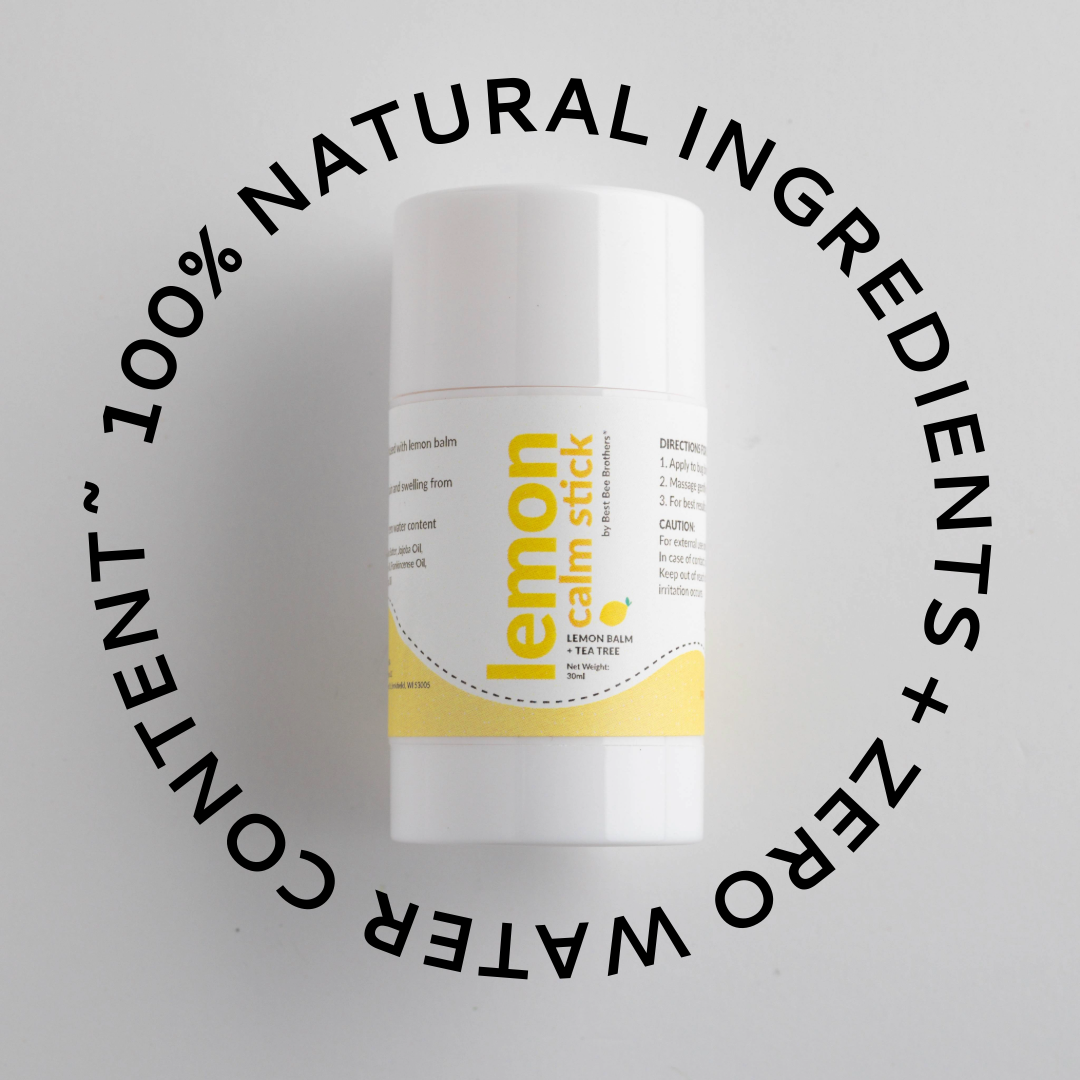
Leave a comment
All comments are moderated before being published.
This site is protected by hCaptcha and the hCaptcha Privacy Policy and Terms of Service apply.